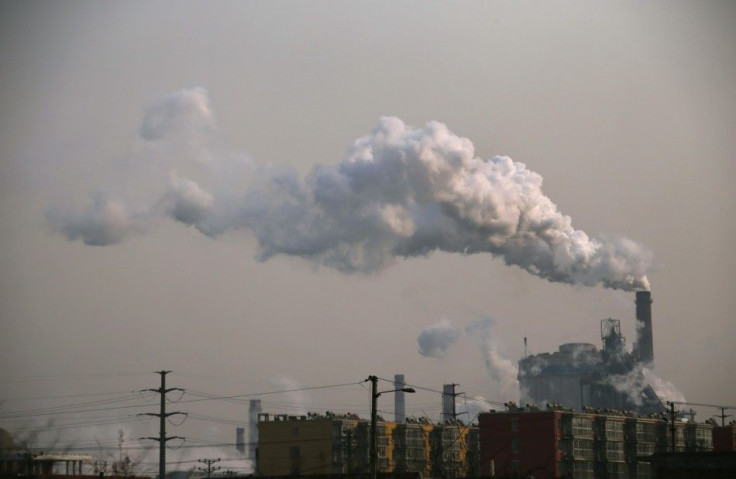Study: Air pollution kills more than 3 million people a year, may double by 2050

A new research reveals that outdoor air pollution may cause more than 3 million premature deaths per year worldwide. About 75 percent of those deaths occur in Asia, according to scientists, and the biggest killers are fires that people use for heating their homes and cooking.
The study found that air pollutants such as ozone and tiny particles of toxins are associated with heart disease, lung disease and other serious illnesses that have long-term impacts on human health. “Strokes and heart attacks are responsible for nearly 75 percent of air pollution-related mortality. A little over 25 percent is related to respiratory disease and lung cancer,” says the study’s lead author, Jos Lelieveld, an atmospheric scientist at the Max Planck Institute for Chemistry in Germany.
According to the team, calculating the effects of outdoor air pollution on a global scale is challenging since air quality is not monitored in some regions, and the toxicity of the particles called fine particulate matter may significantly differ based on their source. To estimate the amount of premature mortality from outdoor air pollution, Lelieveld and his colleagues combined models of global atmospheric quality with data from satellites and ground-based networks of sensors as well as population data, health statistics and other research from public health experts.
In the study, the researchers identified seven sources of outdoor air pollutants, and found that the fires used for heating their homes and cooking top their list were responsible for one-third of the premature deaths. This is followed by agriculture, such as the ammonia gas that is released when fertiliser breaks down in the environment, as well as power plants that make energy from fossil fuels, industrial processes, the burning of wood and other organic materials and land traffic. The report, which appeared in the journal Nature, also cited that air pollution is usually worse in cities, where around two million people die prematurely each year.
The researchers warn that if the world’s production of air pollution continues as usual, and air quality and emission standards stay unchanged through 2050, the yearly global death toll from air pollution could reach 6.6 million people, Lelieveld says. “If this growing premature mortality by air pollution is to be avoided, intensive air quality control measures will be needed, particularly in South and East Asia. Our study shows that it is particularly important to reduce pollution emissions from residential energy use in Asia. By reducing agricultural emissions, air quality would also improve, especially in Europe, the Eastern U.S.A. and in Eastern Asia,” he explains.
Contact the writer at feedback@ibtimes.com.au or tell us what you think below.




















